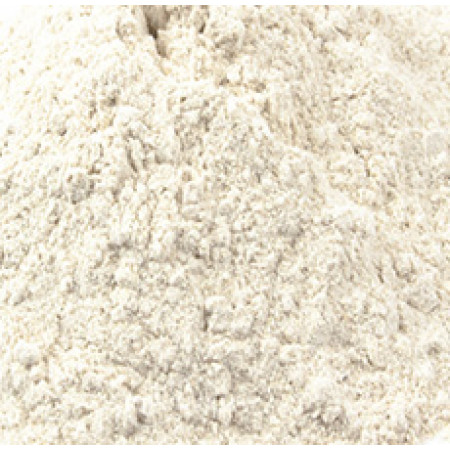MUCUNA SEED POWDER
Product Name: MUCUNA SEED POWDER
There are many species of Mucuna throughout tropical regions of the world, including M. urens, M. pruriens and M. sloanei. Most species of Mucuna are climbing woody vines called lianas that twine through the rain forest trees like "botanical boa constrictors". Their bat-pollinated flowers and pods are produced on long, rope-like stems that hang from the forest canopy. The seed pods are covered with microscopic velvety hairs (called trichomes) that can be extremely painful if they get into your eyes. In the Caribbean region and Central America, the hairs were stirred into honey or syrup as a remedy to dispel intestinal parasites. The dense covering of irritating hairs may help to discourage seed predators, particularly when the seeds are soft and vulnerable. At maturity, each pod produces several hard, marble-like seeds. The seed is called "ojo de buey" because of its striking resemblance to the eye of a bull. The seeds are also known as "sea beans", because they are commonly carried by rivers into the ocean. In the Caribbean region and Central America, the hairs were stirred into honey or syrup as a remedy to dispel intestinal parasites. The dense covering of irritating hairs may help to discourage seed predators, particularly when the seeds are soft and vulnerable. At maturity, each pod produces several hard, marble-like seeds. The seed is called "ojo de buey" because of its striking resemblance to the eye of a bull. The seeds are also known as "sea beans," because they are commonly carried by rivers into the ocean.
In the Caribbean region and Central America, the hairs were stirred into honey or syrup as a remedy to dispel intestinal parasites. The dense covering of irritating hairs may help to discourage seed predators, particularly when the seeds are soft and vulnerable. At maturity, each pod produces several hard, marble-like seeds. The seed is called "ojo de buey" because of its striking resemblance to the eye of a bull. The seeds are also known as "sea beans," because they are commonly carried by rivers into the ocean.









